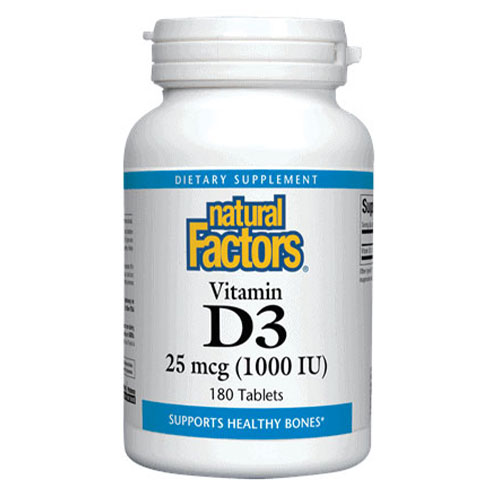Since the pandemic began, staying well has been a top priority for all of us. Suddenly, it isn’t a concept limited to winter or cold and flu season, but every day of the year. “Immunity” is one of the most searched words on Google, and over the past year nearly half of all Americans have started taking supplements to support their immunity. “The pandemic has brought immune system function to the forefront of many in the public,” says Adrian Gombart, Ph.D., an immunity researcher at Oregon State University’s Linus Pauling Institute, whose staff focus on cutting-edge nutrition research. “Folks should consider ways to improve the functioning of their immune system through adequate intake of the various micro- and macronutrients in their diet. This involves a preventative approach rather than
a treatment approach.”
With the increased interest in immunity, researchers like Gombart have been racing to keep up as a flood of new studies highlight the importance of a strong immune system and linking certain nutrients with it. But “in some cases people still aren’t getting enough to stay well. The idea is to provide adequate levels of nutrients to allow the immune system to function its best if one becomes ill,” says Gombart. This is where the importance of supplements comes in.
Following are Gombart’s top picks for staying well all year long. “A large amount of research supports [the supplements’] overlapping importance in innate immune cell function, antimicrobial activity, regulation of inflammation and adaptive immune cell function,” he says.
Try these immunity-boosting supplements:

Try: Vitafusion Vitamin D3 Gummies |
Vitamin A
Lesser known than other immunity superstars, vitamin A can benefit immune system functioning and reduce inflammation, according to research. In addition, vitamin A deficiency is linked with disrupted lung functioning and respiratory illness, and a new COVID-inspired study found fewer respiratory complaints with increased vitamin A.
Vitamin C
Research regularly shows that a vitamin C deficiency can lead to greater chances of infection, especially respiratory, and it must be consumed because the body can’t make it on its own. Vitamin C gets rapidly depleted with low intakes; additionally, infections and other stressors can reduce it further in the body, says Gombart. High doses of vitamin C are currently being studied as a possible COVID-19 treatment.
Vitamin D
Perhaps the quintessential immune nutrient, vitamin D is getting more attention than ever because studies show low levels correlate with testing positive for COVID. Known as the sunshine vitamin because it is produced in the body in response to sunlight, vitamin D activates natural killer T cells, which help fight infection. For as much as we’ve heard about vitamin D, most of us—up to 95 percent—are still deficient.
Zinc
Via research, this mineral has potential antiviral benefits, strengthens respiratory tissue, keeps pathogens out and helps “balance” the immune system to keep it running smoothly. It’s believed that as much as 17 percent of the world’s population is zinc deficient and that 16 percent of all respiratory infections are zinc-deficiency related.


